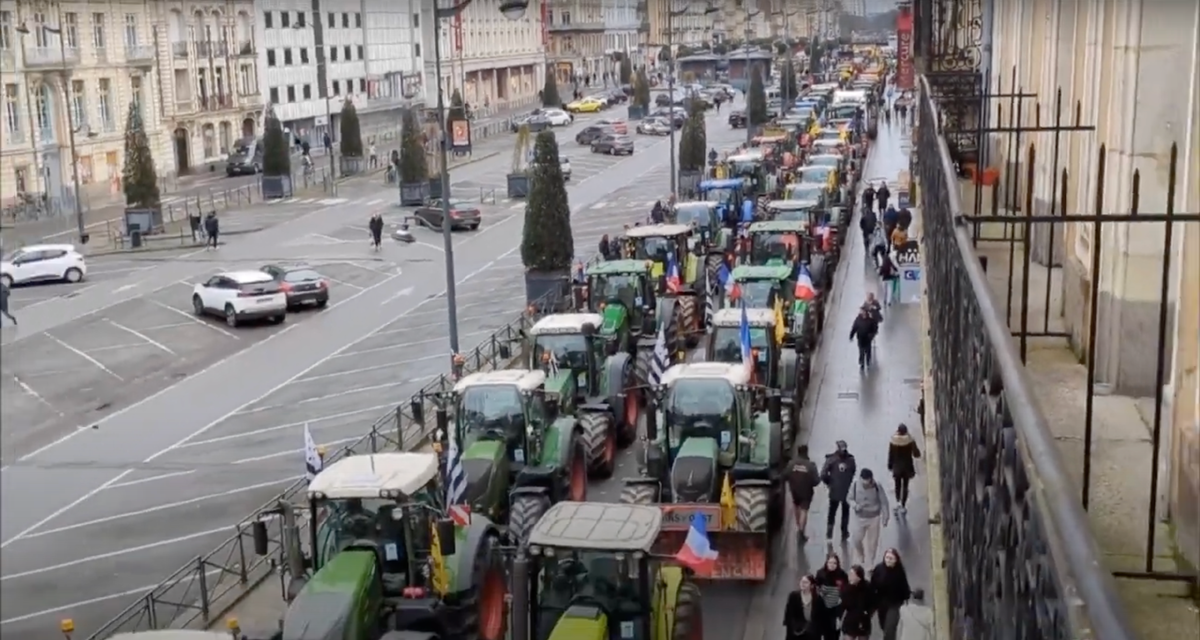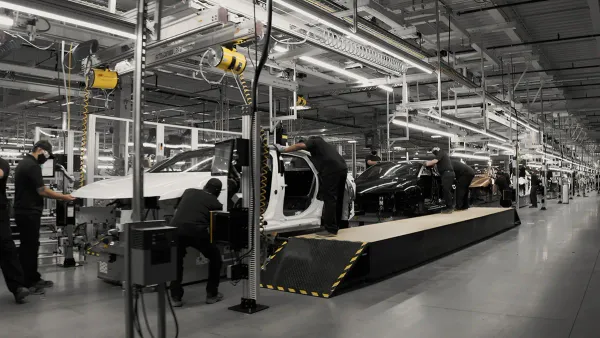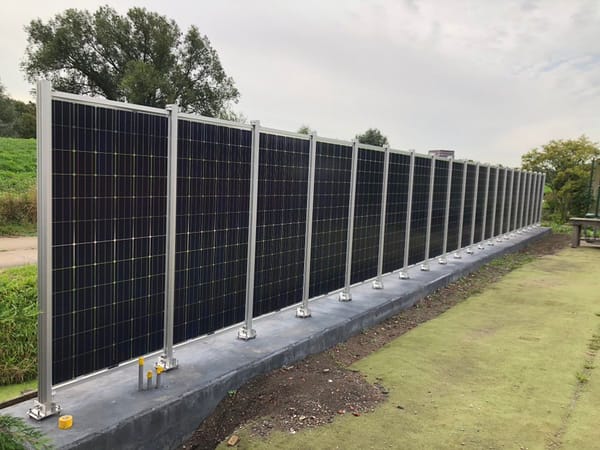The E.U.’s ongoing struggle with fuel subsidies

From the very start, the main criticism of the fossil fuel phase out language agreed to at COP28 last year was the long list of possible ways signatories could make “deep, rapid and sustained reductions in greenhouse gas emissions”. When the draft text was released in Dubai, activists immediately decried the choose your own solution for emissions reduction. Less than a month after the conference, Saudi Energy Minister Prince Abdulaziz ratified activist concerns, calling the agreement an “a la carte menu”.
And actually, it wasn’t that there were so many available options to cut emissions, it was that the eight options laid out in Paragraph 28 of the Global Stocktake outcome statement – the main text agreed upon at COP28 – were all pretty squishy. For instance, “Accelerating efforts towards the phase-down of unabated coal power,” was one. “Accelerating the reduction of emissions from road transport,” was another. Those gerunds were doing a lot of work.
But one option, although still wiggly as a wet noodle, seemed like it could be quickly acted upon. “Phasing out inefficient fossil fuel subsidies that do not address energy poverty or just transitions, as soon as possible,” it read.
This was a clear call for rich countries to eliminate energy consumption subsidies, while allowing developing countries some time to find a solution. But as we’ve been discovering over the last couple of weeks in Europe, the subsidies are a lot nearer and dearer to voters than the negotiators thought.
As countries work to enact the EU’s Common Agricultural Policy, farmers in France, Germany, Romania, and Greece have all protested against lifting diesel fuel subsidies. For many European farmers, eliminating the subsidy is less of an environmental issue than it is about breaking even.
For a rich nation like France or Germany, farmers don’t really need these subsidies, right?
Not so much, said John Bartman, a farmer in Northern Illinois who has conducted knowledge exchanges with French farmers and is an advocate for decreasing carbon emissions in farming.
“Farming is really expensive because of the inputs,” said Bartman. For instance, Bartman buys about 5,000 gallons a year on diesel for his equipment on his 1,000 acre farm that grows soy, corn, and wheat. His is a gargantuan farm by French standards – the average French grain farm is 69 hectares, a little less than 28 acres. So, maybe a French farm goes through about 200 gallons (757 liters) of diesel per year. At the current price of diesel in France of 1.79 Euros, that’s €1,355 a year. French agriculture diesel subsidies are 18 centimes per liter, saving an average farm a seemingly miniscule €136.26 per year.
But in France the agricultural diesel subsidy goes to trucks as well as farm equipment, racking up €2 billion a year, making it hard to untangle subsidizing agricultural uses from from others.
After weeks of farmer protests, France’s Prime Minister announced last week that the diesel subsidy would continue, “We will put agriculture above everything else,” Gabriel Attal told farmers as he stood next to a hay bale.
If France, one of the world’s most aggressive nations on cutting carbon emissions, can’t afford to cut fuel subsidies, how easy will it be for countries like Brazil and Mexico to cut theirs?
By comparison, the United Kingdom began phasing out their agricultural diesel subsidy in 2022, mainly by restricting subsidies to agricultural vehicles only, cutting out farm heating and machinery diesel subsidies.
Oddly, the U.S. doesn’t exactly subsidize its farm diesel use, it just drops the usual per gallon tax for farmers. For instance, diesel users in Illinois pay 24.3-cents per gallon in federal taxes and 64-cents per gallon in state taxes, for a total of 88-cents per gallon. But, because those taxes are supposed to support road construction and farm equipment is for off road use only, farmers pay no tax on their “red diesel” – dyed red by distributors to ensure they fuel only off-road vehicles. So, in the U.S., a move to eliminate the diesel subsidy would equate to adding a new tax for a service (roads) they aren’t using.
Maybe the U.S. is ahead on eliminating “inefficient fossil fuel subsidies”?
Upcoming Important Climate Politics Dates
Indonesia Elections – Feb 14
Loss & Damage Meeting – Mar 12-15 - Bonn
World Bank/ IMF Spring Meetings – Apr. 19-21 - Washington, D.C.
India Elections – April & May
UNFCCC Subsidiary Bodies Meeting – June 3-13 - Bonn
EU Parliament Elections – June 6-9
US GOP Convention – July 15-18 - Milwaukee
US Democratic Convention – Aug. 19-22 - Chicago
World Bank/ IMF Annual Meetings – Oct. 25-27 - Washington, D.C.
US Elections – Nov. 5
UK Elections – 2nd half of 2024
COP29 – Nov. 11-22 – Baku
G20 Meeting – Nov. 18-19 - Rio
Items of Note
Nat Bullard, the former Sparklines columnist, has posted his annual presentation on green energy. This time it’s 200 slides, positioning him as the Mary Meeker of climate.
If you haven’t reserved your Baku hotel room (I haven’t) it looks there might be a repeat of Sharm-el-Sheikh's COP27 hotel drought. To get a handle on things, Azeri officials have ordered a freeze on hotel room sales.
Politico’s Sara Schonhardt provides an excellent overview of upcoming elections around the world, and how they might impact green policies.
Climate News of Note
Feb. 8
World's first year-long breach of key 1.5C warming limit [BBC]
Ecuador’s new president tries to wriggle out of oil drilling referendum [Climate Home News]
Feb. 7
January Was the Warmest on Record After World’s Hottest Year in 2023 [Bloomberg]
India will be world's biggest oil demand growth driver through 2030, IEA says [Reuters]
Brussels works to defuse green policy opposition ahead of EU elections [Reuters]
Starmer to announce scaling back of £28bn green investment plan [Guardian]
India plans to protest EU's carbon tax at WTO meeting - sources [Reuters]
Feb. 6
‘In a word, horrific’: Trump’s extreme anti-environment blueprint [Guardian]





